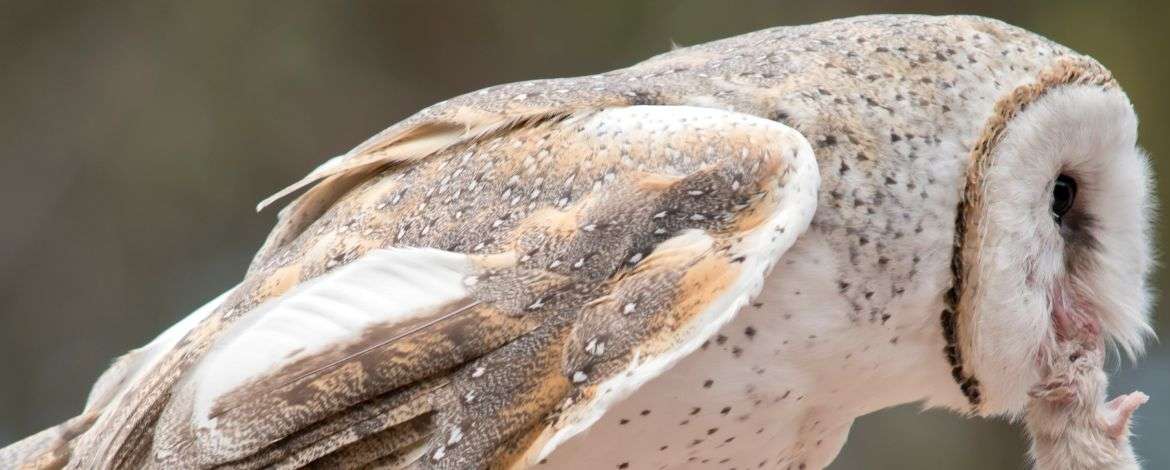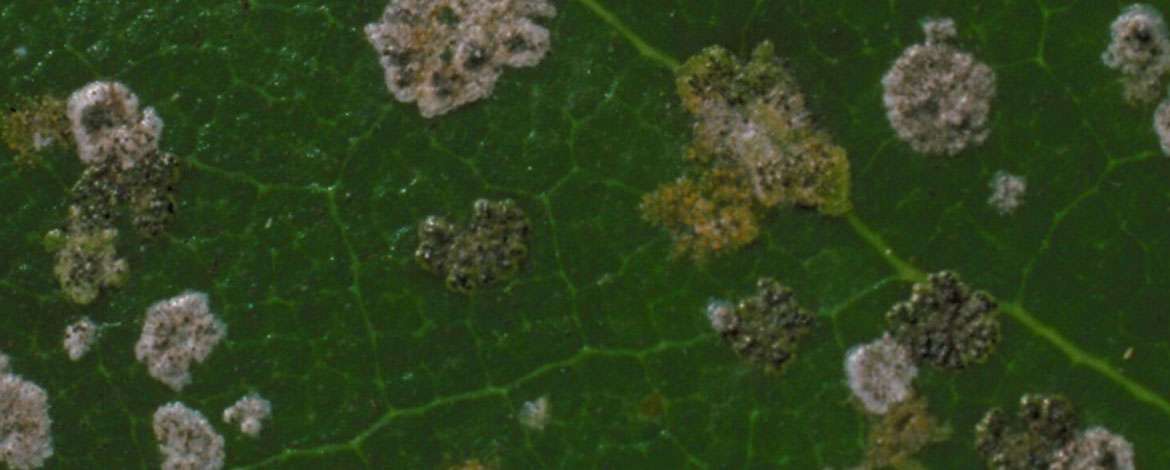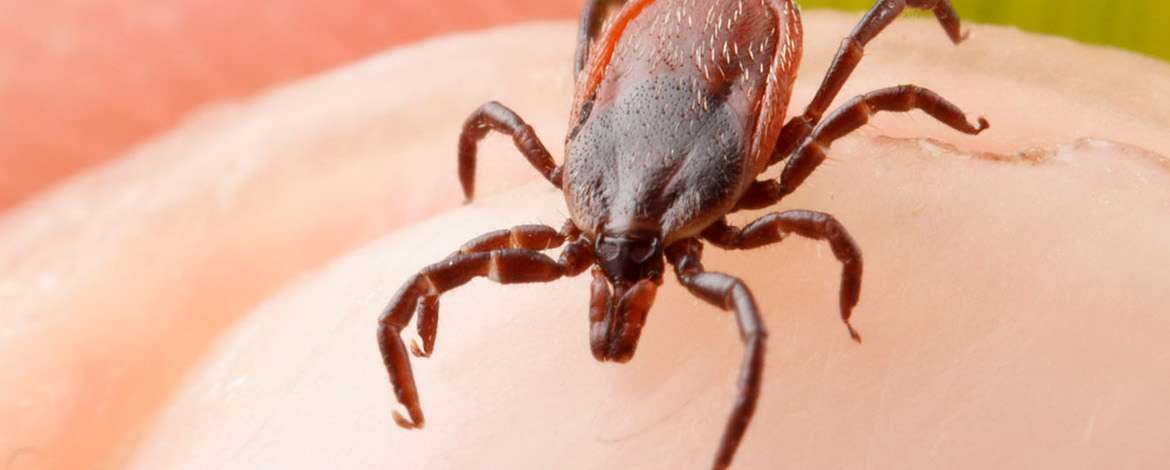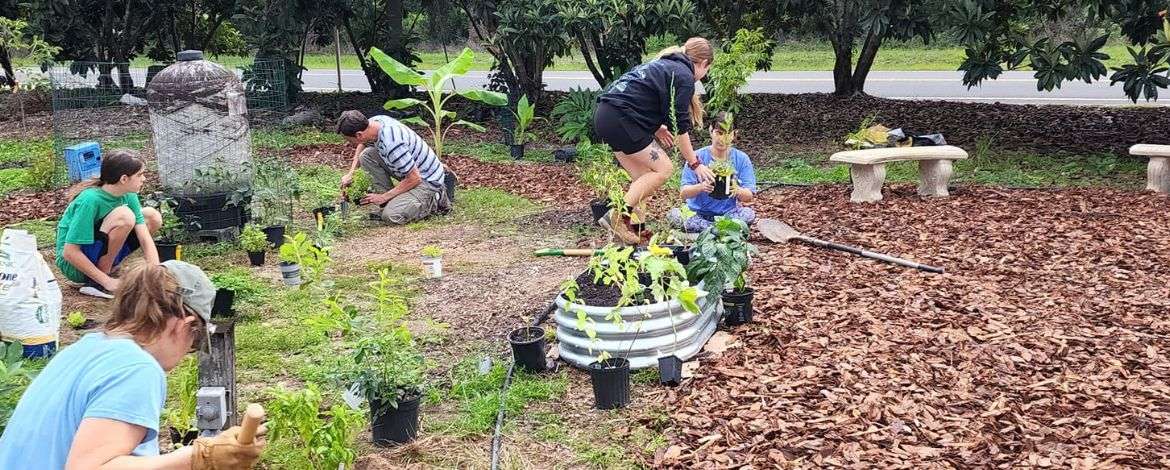At the end of May 2021, the One Health High-Level Expert Panel was launched with the support of the governments of France and Germany. This panel has an advisory role to state members of the United Nations (UN) and the World Organisation for Animal Health (WOAH), and it includes 26 selected key international experts from 24 countries. The…












